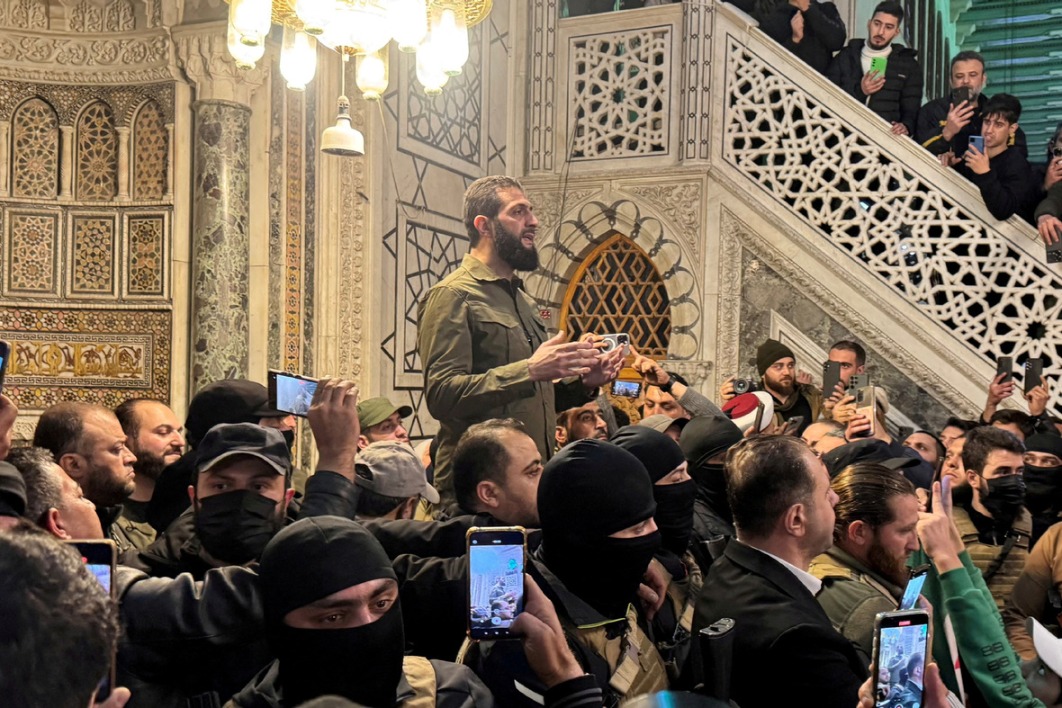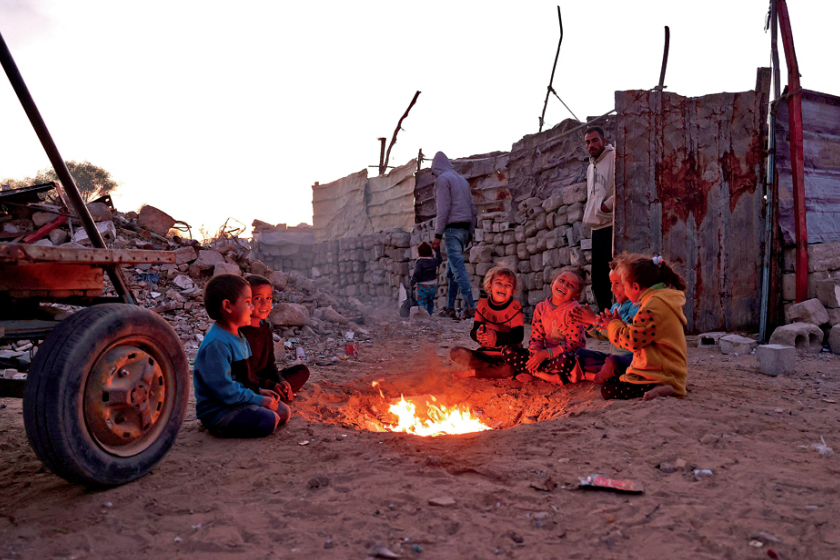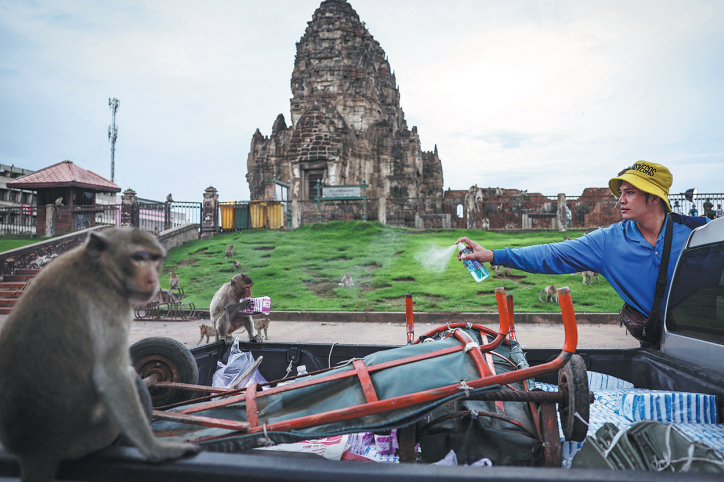Syria's opposition works to form new government
Power handover gets underway as Israel expands attacks amid calls for stability


As efforts begin in Syria to assemble an opposition-led government following the overthrow of longtime ruler Bashar al-Assad, hopes for a reset within the crisis-torn nation are getting clouded by fresh turbulence as Israel expands its attacks in the country, including the capital Damascus.
On Monday, Mohammad Ghazi Al-Jallali, al-Assad's prime minister, said he had agreed to hand power to the "Syrian Salvation Government".
Al-Jallali told Al Arabiya TV on Monday that the handover could take days to carry out.
The main opposition commander Ahmed al-Sharaa, better known as Abu Mohammad Al-Jolani, met with Al-Jallali and Vice-President Faisal Mekdad to discuss the transitional government, a source familiar with the discussions told Reuters.
Al Jazeera television reported the transitional authority would be headed by Mohamed al-Bashir, born in 1983 and an electrical engineer. Al-Bashir has been appointed caretaker prime minister of the transitional Syrian government until March 1, 2025, he said in a televised statement on Tuesday.
Formed in 2017 by Hayat Tahrir al-Sham, or HTS, and other Syrian opposition groups during the Syrian civil war, the "Syrian Salvation Government" wielded administrative and service-related authority in areas under HTS control in Syria.
Al-Jolani on Tuesday vowed to pursue former senior government officials responsible for "torture and war crimes".
Following the latest developments in Syria, the international community has expressed concern over peace and stability in the country, as United Nations Secretary-General Antonio Guterres on Sunday called for calm and "avoiding violence at this sensitive time".
"We will need the support of the international community to ensure that any political transition is inclusive and comprehensive and that it meets the legitimate aspirations of the people of Syria," said Guterres.
As the efforts to form a new government in the country pick up speed, Israel launched large-scale attacks on targets in Syria on Monday night, hitting military bases, airports and research centers.
A war monitor said on Tuesday that Israel had conducted 300 strikes on Syria since the fall of al-Assad, adding the raids had "destroyed the most important military sites" in Syria.
Three security sources told Reuters on Tuesday the Israelis had advanced beyond the demilitarized zone. One Syrian source said they had reached the town of Qatana, several kilometers to the east of the buffer zone and a short drive from Damascus airport.
Incursion slammed
Turkiye, Egypt, Qatar and Saudi Arabia have condemned the Israeli incursion. Saudi Arabia said the move would "ruin Syria's chances of restoring security", calling for respect for Syria's sovereignty, independence, and territorial integrity.
Israel said its airstrikes would carry on for days but told the UN Security Council that it was not intervening in Syria's conflict. It said it had taken "limited and temporary measures" solely to protect its security.
An Israeli military spokesperson on Tuesday denied that Israeli forces had penetrated into Syrian territory beyond the buffer zone with the Israeli-occupied Golan Heights.
"It's not true, the forces have not left the buffer zone," the spokesperson said.
Gokhan Batu, an analyst on Israel studies at the Center for Middle Eastern Studies in Turkiye, told China Daily that Israel's seizure of its buffer zone with Syria marked a significant escalation in its regional posture.
Despite widespread international support for Syria's territorial integrity, Israel continues to "adopt a stance that accentuates ethnic, religious and sectarian divisions within Syria", Batu said.
"This approach not only undermines Syria's stability but also poses long-term risks for its territorial and political cohesion," said Batu.
Meanwhile, according to the United Nations, more than 16 million people already require humanitarian assistance in Syria, with the global body's Office for the Coordination of Humanitarian Affairs saying there "is an urgent need for more shelter, food, and sanitation facilities".
The office said the recently displaced were primarily women and children from Aleppo, Hama, Homs and Idlib governorates. The situation is very fluid, with reports of more people returning in the last couple of days. Transportation routes were disrupted, limiting the movement of people, goods and humanitarian aid.
Xinhua and agencies contributed to this story.

































